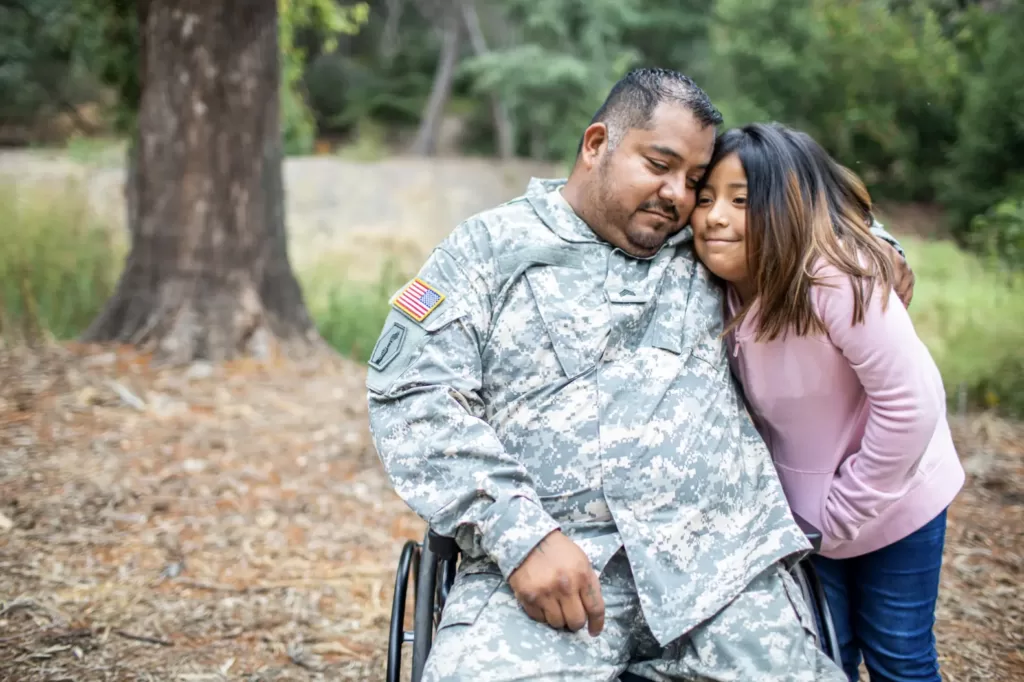Updated on August 24, 2025

For many people, transitioning from hospital care back to the comfort of their homes is a major milestone in their recovery journey.
While returning home often brings a sense of relief and normalcy, it also comes with a unique recovery and set of challenges.
The period following a hospital stay is important, as it can dictate the pace and success of recovery.
This is particularly true for people with disabilities or those who require specialised care. In these cases, disability support services are essential in ensuring a smooth and safe transition from hospital to home.
Why Are Smooth Transitions Important?
Transitional care aims to bridge the gap between hospital discharge and community-based care.
For people with disabilities, this transition is particularly challenging due to the unique needs and challenges they face. These may include adapting to new physical limitations, managing medications, navigating unfamiliar environments, and adjusting to reduced support.
A smooth transition is important to prevent complications, reduce anxiety, and minimise the risk of hospital readmission.
Disability support services can significantly improve the overall recovery experience and facilitate a successful return home by providing timely and appropriate support.
Limitations in the Transition Process
Leaving the hospital can sometimes be the beginning of a longer, complex recovery process. For people recovering from surgery, managing a chronic illness, or living with a disability, this process can involve several medical, emotional, and logistical hurdles.
- Medical considerations: The recovery plan includes managing medications, scheduling follow-up appointments, and coordinating with healthcare professionals. Without proper support, these tasks can quickly become overwhelming.
- Emotional and psychological factors: Anxiety, stress, and confusion are common emotions after leaving the structured environment of a hospital. Adjusting to the freedom of home life while still dealing with ongoing medical concerns can be daunting.
- Physical adjustments: Mobility issues, fatigue, and physical limitations may require home adaptations to create a safe living environment. For those with limited mobility, tasks like bathing, dressing, or moving around the house might need assistance.
- Social and environmental changes: Returning home may mean confronting isolation, especially for people who live alone or have limited access to social support networks. The home environment may also need modifications to accommodate medical equipment or assistive devices.
The Role of Disability Support Services in Recovery
In-home Care Services
Many people transitioning home after a hospital stay need assistance with daily tasks, including personal care (bathing, dressing, grooming) and household chores (cleaning, meal preparation). For people with mobility challenges or other disabilities, in-home care services provide critical support, enabling them to focus on their recovery without overexerting themselves.
Rehabilitation Support
Recovery often depends on rehabilitation’s vital role. Services such as physiotherapy, occupational therapy, and speech therapy can assist individuals in regaining their strength, mobility, and autonomy. Disability support services coordinate with healthcare providers to ensure that people receive these therapies at home or in nearby facilities.
Emotional and Mental Health Support
Adjusting to life after a hospital stay can be emotionally challenging. Disability support services often provide counselling, peer support groups, and mental health services to help people and their families cope with the emotional toll of recovery. These services can significantly reduce the risk of depression and anxiety, which are common during the transition process.
Assistive Technology and Home Modifications
For many people, staying independent at home requires modifications to their living environment. This could involve installing ramps, grab bars, specialised beds, and assistive devices like wheelchairs, walkers, or communication aids. Disability support services assess individual needs and provide solutions that enhance safety and accessibility within the home.
Challenges in the Transition Process
- Lack of adequate support systems: Many people do not have family or friends who can provide ongoing care.
- Difficulty accessing rehabilitation services: Some patients may not know how to access rehabilitation therapies or struggle with transportation to facilities.
- Financial constraints: The cost of home modifications, assistive devices, or ongoing care can be overwhelming without financial assistance.
- Limited knowledge of available resources: People and their families may not be aware of the disability support services available to them.
Disability support services help overcome these obstacles by providing information, financial assistance, and logistical support to ensure that people receive the care they need.
How Centre Disability Support Can Help
At Centre Disability Support, we offer a wide range of services designed to support people through the challenging transition from hospital to home.
Our tailored in-home care packages ensure that patients receive personalised care, from help with daily activities to medical support.
Rehabilitation services are available to aid physical and cognitive recovery, providing access to physiotherapy, occupational therapy, and other essential treatments.
For those needing emotional support, we provide counselling services and link to peer support groups, helping to ease the emotional burden of recovery.
Additionally, we offer assistance with home modifications and assistive technology, ensuring that your homes are safe and accessible.
We thoroughly understand the complexities of the transition process and our experienced team is dedicated to providing the necessary tools, resources, and care for a smooth recovery.
MORE FROM CENTRE DISABILITY SUPPORT
Hospital Discharge: What You Need to Know



